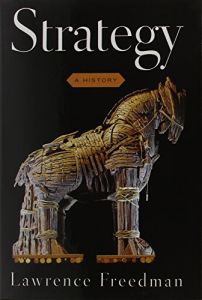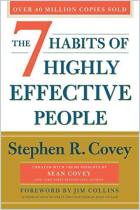Read or listen offline
Recommendation
One of the world’s leading authorities on war and strategic analysis, Sir Lawrence Freedman presents a history of strategy (“the art of creating power”) of astonishing range and erudition. Freedman starts by establishing the universality of strategic thinking (even chimpanzees strategize) and proceeds to lead readers on an expedition through the history of the Western world, tracing the development of strategic thought in warfare, politics and business. One of his major themes is that even the best strategy can do no more than attempt to subdue a complex and recalcitrant world. Like most strategy, though, this thorough compendium seems doomed, in a conceptual way, to fail: It cannot cover every important facet of the subject, and its depth is uneven. As Sir Lawrence himself has said, “Strategy is about power and how to create it, but it is also about the ability to understand the limitations of power.” In the end, his history, while a tremendous achievement, is a lesson in the limits of human ambition and control – and the world’s intractable unpredictability.
Take-Aways
About the Author
Sir Lawrence Freedman, emeritus professor of war studies at King’s College London, also wrote Kennedy’s Wars: Berlin, Cuba, Laos and Vietnam and A Choice of Enemies: America Confronts the Middle East.


















Comment on this summary or Start Discussion